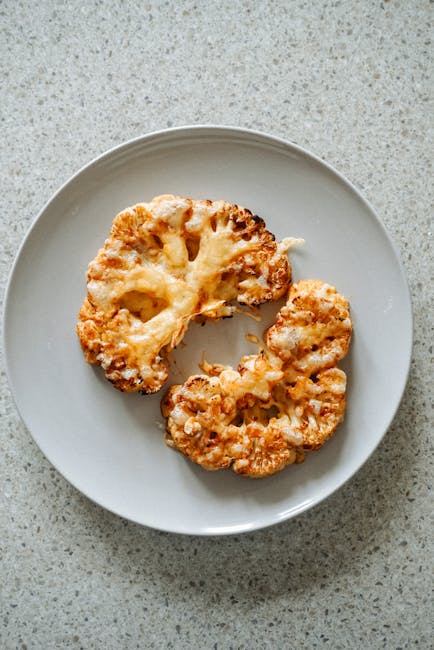Introduction
Chronic inflammation is a silent epidemic, implicated in a wide range of health problems from heart disease and diabetes to arthritis and autoimmune disorders. While medication can play a role, dietary changes offer a powerful and often overlooked approach to managing and reducing inflammation. The Paleo diet, inspired by the eating habits of our Paleolithic ancestors, has gained popularity for its potential anti-inflammatory benefits. This article delves into the anti-inflammatory power of the Paleo diet, exploring the science behind its effectiveness and how it can contribute to improved overall health.
The Paleo Diet and Inflammation: A Deeper Dive
Understanding the Paleo Diet Principles
The Paleo diet emphasizes whole, unprocessed foods that are believed to be more aligned with human evolutionary biology. The core principles include:
- Prioritizing lean proteins (grass-fed meats, poultry, fish)
- Consuming plenty of fruits and vegetables
- Including healthy fats from sources like avocados, nuts, and seeds
- Eliminating grains, legumes, dairy, refined sugar, and processed foods
How the Paleo Diet Fights Inflammation
The anti-inflammatory effects of the Paleo diet stem from several key factors:
1. Reducing Pro-Inflammatory Foods:
Grains, legumes, and processed foods are often high in pro-inflammatory compounds, such as:
- **Gluten:** Can trigger inflammation in individuals with gluten sensitivity or celiac disease.
- **Lectins:** Found in legumes, these can interfere with nutrient absorption and irritate the gut lining.
- **Refined Sugar:** A major contributor to systemic inflammation, leading to insulin resistance and increased risk of chronic diseases.
- **Processed Foods:** Often packed with unhealthy fats, artificial additives, and preservatives, all of which can promote inflammation.
2. Increasing Anti-Inflammatory Nutrients:
The Paleo diet is naturally rich in nutrients known to combat inflammation:
- **Omega-3 Fatty Acids:** Found in fatty fish, these help balance the omega-6 to omega-3 ratio, reducing inflammation.
- **Antioxidants:** Abundant in fruits and vegetables, these protect cells from damage caused by free radicals, which contribute to inflammation.
- **Fiber:** Present in fruits, vegetables, and nuts, fiber promotes gut health and reduces inflammation.
- **Vitamins and Minerals:** The Paleo diet provides essential vitamins and minerals like vitamin D, vitamin E, and magnesium, all of which play a role in regulating inflammation.
3. Promoting Gut Health:
A healthy gut microbiome is crucial for immune function and inflammation control. The Paleo diet supports gut health by:
- Eliminating processed foods and additives that can disrupt the gut microbiome.
- Providing prebiotic fiber from fruits and vegetables, which nourishes beneficial gut bacteria.
Scientific Evidence Supporting Paleo and Inflammation
Several studies have investigated the effects of the Paleo diet on inflammation. Research suggests that following a Paleo diet can lead to:
- Reduced levels of inflammatory markers like C-reactive protein (CRP) and tumor necrosis factor-alpha (TNF-α).
- Improved blood sugar control and insulin sensitivity.
- Decreased body fat and improved body composition.
- Enhanced gut health and reduced intestinal permeability (“leaky gut”).
Conclusion
The Paleo diet offers a compelling approach to reducing inflammation and improving overall health. By eliminating pro-inflammatory foods and emphasizing nutrient-dense, whole foods, it can help restore balance within the body and promote a healthier immune response. While individual results may vary, the principles of the Paleo diet align with established knowledge about nutrition and inflammation, making it a valuable tool for those seeking to manage chronic inflammation and optimize their well-being. Consulting with a healthcare professional or registered dietitian is always recommended before making significant dietary changes.
